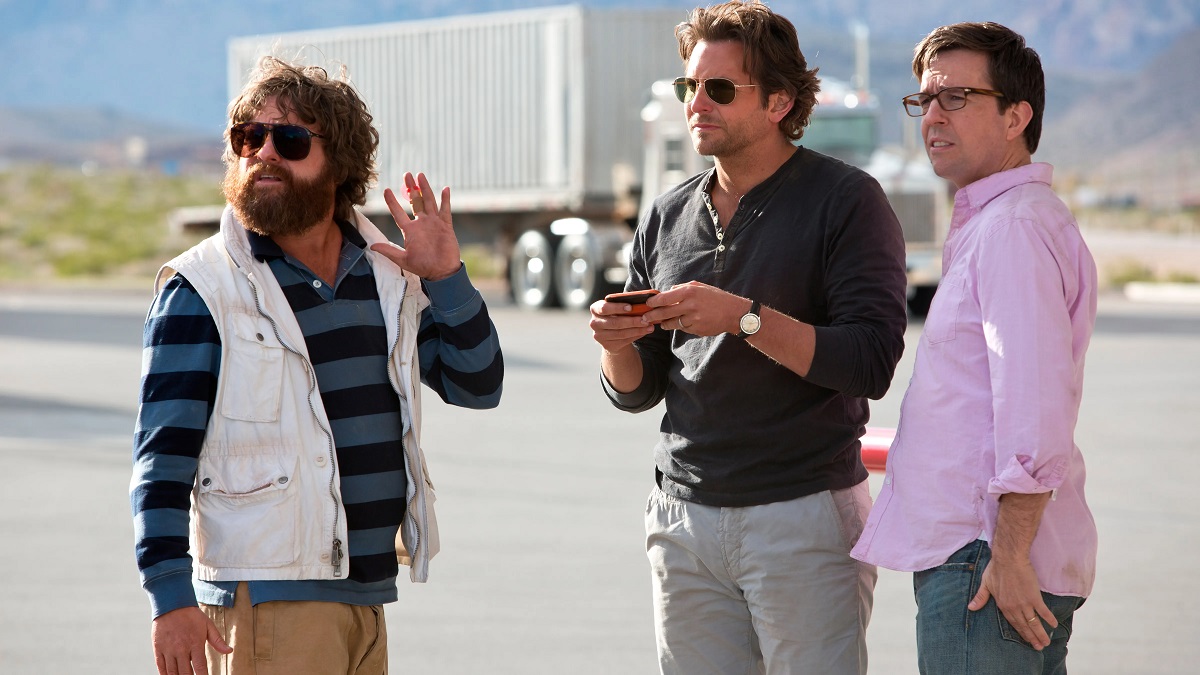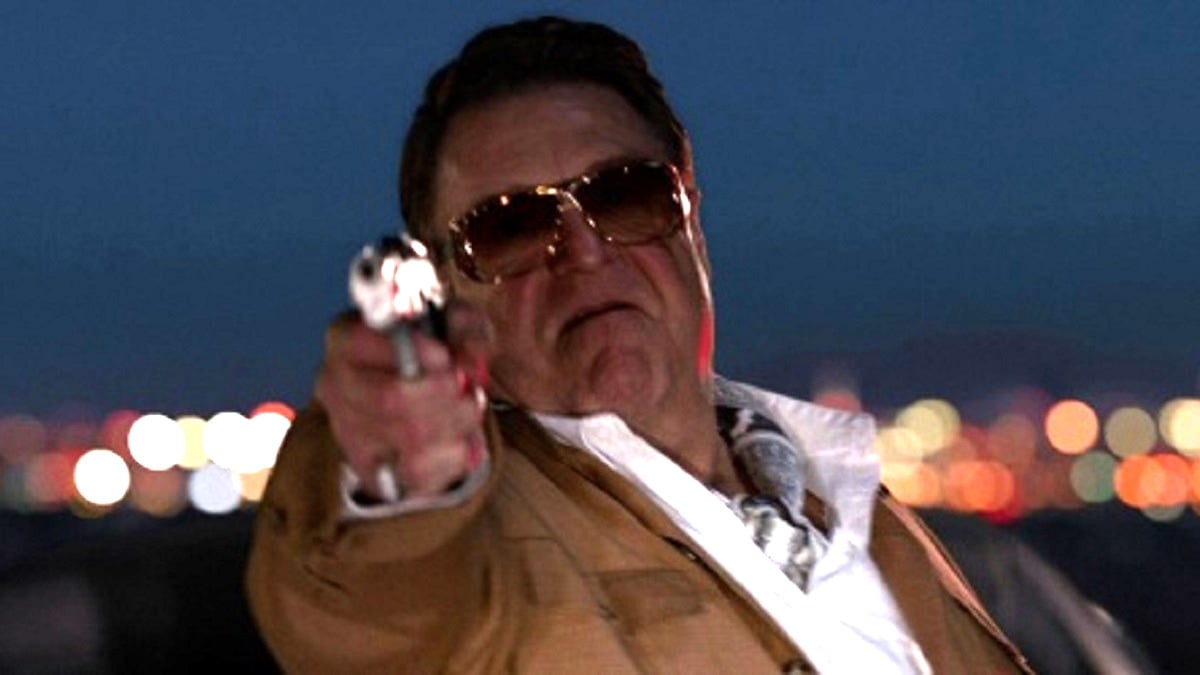While there are regularly a thousand good reasons for a franchise to continue churning out new installments, it’s often very easy to spot the ones that are made for the most cynical reasons. After the first installment exploded to become a certifiable sensation, The Hangover was monetized to within an inch of its life, even though there was really no need to tell any more stories.
Coming out of nowhere to go down in the history books as one of the most successful R-rated comedies in the history of cinema, the first chapter showed incredible legs at the box office to haul in $467 million on a $35 million budget, earning stellar reviews in the process, and becoming one of the most widely-quoted comic capers of the decade.

The sequel cost over twice as much and earned over $100 million more from theaters, despite being widely-panned for simply rehashing the exact same story in a different location. Returning to the well once more against better judgement, The Hangover Part III never once for even so much as a second felt as though it was a movie that needed to exist.
That was reflected in the critical and commercial response, too; armed with a budget north of $100 million, the profit margins were whittled down massively when the trilogy-capper limped to a solid-if-unspectacular $362 million in ticket sales, hitting franchise-low scores on Rotten Tomatoes and Metacritic in the process in terms of both critical and audience reception.
If ever there was a cautionary tale of running a popular property into the ground by needlessly extending its lifespan, then The Hangover Part III has definitely got to be up there.

